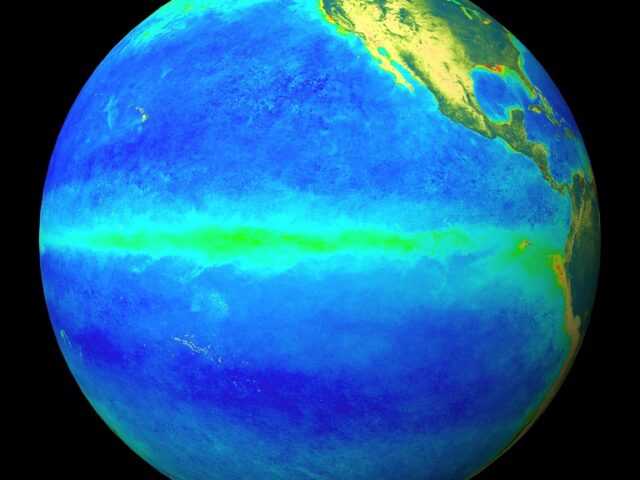MELBORNE, Australia – The El Niño–Southern Oscillation (ENSO) and Indian Ocean Dipole (IOD) both remain neutral. Neutral ENSO conditions are likely to persist over the coming months, with some likelihood a La Niña-like state could develop in the tropical Pacific Ocean late in the southern hemisphere winter or spring (less than 50% chance). Most models suggest a negative IOD could develop in the Indian Ocean from mid-winter.
Atmospheric and oceanic indicators of ENSO including the Southern Oscillation Index (SOI), trade winds, cloudiness near the Date Line, and sea surface temperatures in the tropical Pacific Ocean generally persist at levels consistent with a neutral ENSO state. Sub-surface temperatures in the tropical Pacific Ocean have cooled over the past two months, indicating increased potential for cooling at the surface in the coming months under the right conditions.
Most climate models surveyed by the Bureau indicate that ENSO is likely to stay neutral through the southern hemisphere winter. By late winter/early spring, three of the eight climate models surveyed by the Bureau reach or exceed La Niña levels, while the remaining five stay neutral.
ENSO predictions made during autumn tend to have lower accuracy than predictions made at other times of the year, so current ENSO forecasts should be used with some caution.
The Bureau’s ENSO Outlook remains at INACTIVE but conditions and outlooks will be assessed regularly against the criteria needed for elevation to La Niña WATCH.
The Indian Ocean Dipole (IOD) is currently neutral. All six international climate models surveyed suggest negative IOD conditions could develop from the middle of the southern hemisphere winter.
However, each of the models show a broad spread of possible scenarios between the neutral IOD and negative IOD levels, with almost no sign of a re-emergence of a positive IOD event.
But again, caution must be taken as accuracy of IOD forecasts made at this time of year is low, with forecast accuracy improving from late autumn. A negative IOD typically brings above average winter–spring rainfall to southern Australia.
The Southern Annular Mode (SAM) is currently negative but is forecast to return to neutral levels in the next few days and remain neutral for the coming three weeks. SAM has little influence upon Australian rainfall in autumn.


















